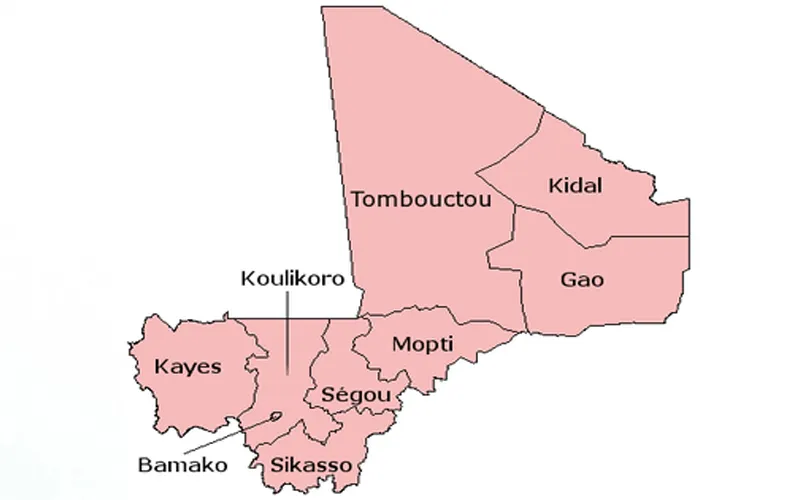Bamako, 04 June, 2021 / 7:57 pm (ACI Africa).
People in Mali want to see the end of the ongoing political unrest and a return of normalcy in the country’s top leadership, a Catholic Priest who has weighed in on the current political situation in the country has said.
Mali is currently under the leadership of Colonel Assimi Goita who led two coups in a span of nine months, first ousting the country’s elected President last August and, most recently, the interim leaders who were to head the country’s transitional government.
In a report to Agenzia Fides, the information service of the Vatican's Propaganda Fide, Secretary General of the Union of Catholic Priests of Mali, Fr. Edmond Dembele, says, “People want to return to normalcy and, above all, they ask the army to take care of security and to contain the penetration of jihadists, and not to waste time on political-military quarrels.”
Following the latest coup of May 24, Mali’s constitutional court named Colonel Goita transitional president of Mali until the West African nation holds elections to replace the country’s elected President Ibrahim Boubacar Keita who was ousted in August last year.
The move has attracted criticism and condemnation from all over, with the Catholic Church leaders in the country naming it “seizure of power outside the legal process.”








